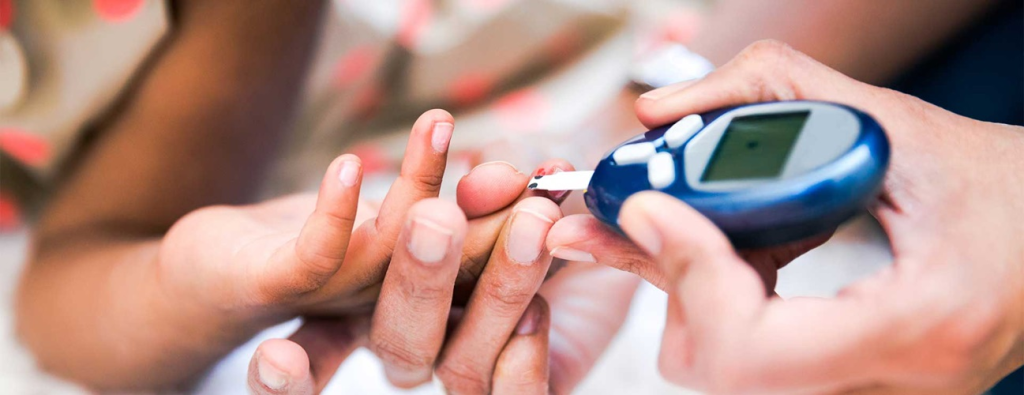As World Diabetes Day approaches, experts highlight a major but often ignored risk: the early consumption of powdered milk and cereals. These products, which may seem harmless, could increase the chances of children developing diabetes later in life, according to recent health studies. With diabetes cases rapidly rising in India, it’s more important than ever to look at what we feed our children and how it impacts their future health.
India’s Diabetes Crisis: A Rising Threat
India is known as the diabetes capital of the world, with 77 million people diagnosed with diabetes and another 25 million at risk of developing it. While genetics and environment play a role in the diabetes epidemic, lifestyle choices from early life are also significant. Dr. Ambrish Mithal suggests that cutting down on sugar during pregnancy and in early childhood can greatly reduce the risk of diabetes, high blood pressure, and other health issues later on.
How Early Nutrition Affects Diabetes Risk

Studies show that a child’s diet, even before birth, can shape their long-term health. The first 1,000 days of life—from conception to two years old—are especially crucial. A study in Science found that babies exposed to less sugar in the womb had a 35% lower chance of getting Type 2 diabetes. Limiting sugar intake during early childhood can further lower these risks.
Hidden Risks in Processed Foods for Babies
Experts warn against using powdered milk and cereals in early childhood diets. These processed foods often have a lot of refined sugars and carbohydrates, which can raise blood sugar levels and affect a child’s metabolism. Dr. Shashank Joshi, an endocrinologist, points out that consuming such foods could raise the likelihood of diabetes and other health problems later in life.
The World Health Organization (WHO) advises against giving any processed foods, including powdered milk and cereals, to children under two. Early exposure to added sugars can affect a child’s taste preferences, leading to lifelong sugar cravings and a higher risk of diabetes.
Choosing Healthier Foods: A Better Start
Shifting away from sugary processed foods is essential. Fresh fruits, which are high in nutrients and fiber, can satisfy a child’s sweet tooth without the risks associated with added sugars. Experts suggest avoiding sweet snacks and drinks, including fruit juices, for kids under three. Healthier alternatives like dates, dried fruits, and fresh fruits are better options in moderation.
Dr. Mithal encourages parents to monitor their children’s sugar intake carefully. Building healthy eating habits in early childhood can significantly reduce the chance of metabolic disorders later. Focusing on fresh, natural foods can support a child’s overall well-being.
World Diabetes Day: Raising Awareness
With this year’s theme, “Breaking Barriers, Bridging Gaps,” World Diabetes Day focuses on early intervention. Dietitians and health professionals are promoting awareness through cooking demonstrations and education. These programs aim to give parents the tools to tackle the diabetes crisis, particularly in children and teens.
The Rise of Type 1 Diabetes in Children
While Type 2 diabetes is often linked to lifestyle, Type 1 diabetes is also increasing among young people. Around 229,000 children under 20 have Type 1 diabetes, with about 25,000 new cases each year. If not managed, this type of diabetes can cause serious complications. A balanced diet and regular blood sugar checks are crucial for managing the condition.
Taking Steps Toward a Healthier Future
Preventing diabetes in children requires a comprehensive approach. A healthy diet, regular physical activity, and stress management can greatly reduce the risk. Parents, healthcare providers, and communities must work together to provide children a healthy start. Dr. Ganapathi Sastry Nadiminty stresses the need for regular health check-ups and a balanced diet to maintain a healthy weight and lower diabetes risk.
Education and awareness from an early age are key to avoiding diabetes. By making smart food choices and promoting healthy habits, we can protect our children from the growing threat of diabetes.Know more: https://timesofindia.indiatimes.com/city/mangaluru/concern-grows-over-rising-cases-of-type-2-diabetes-in-children/articleshow/115265185.cms



 By
By

















